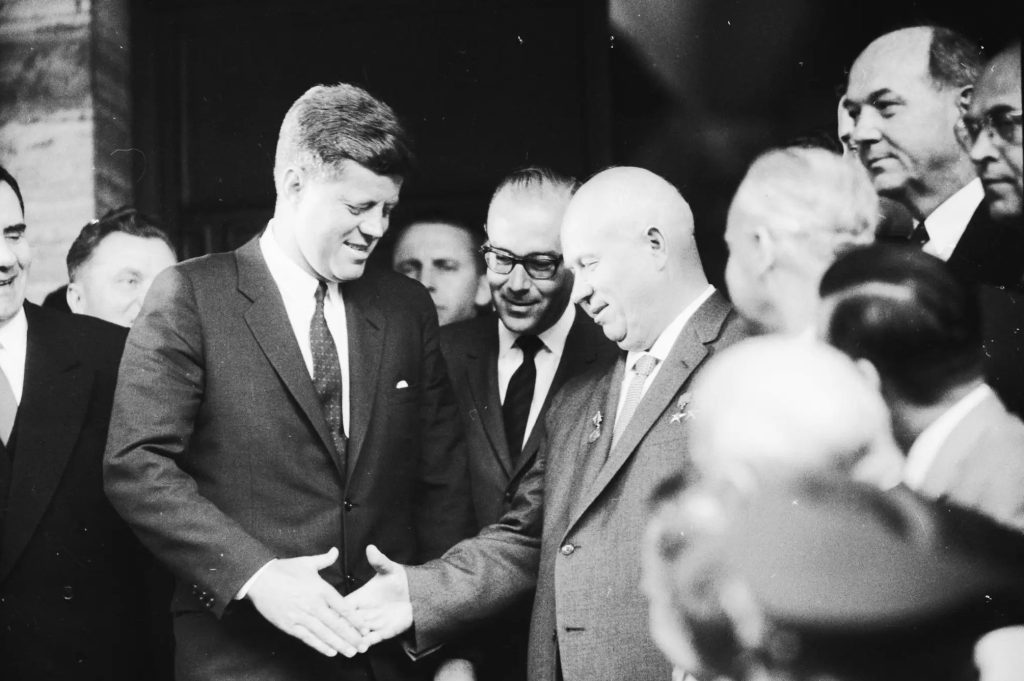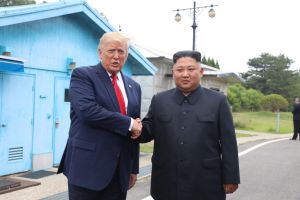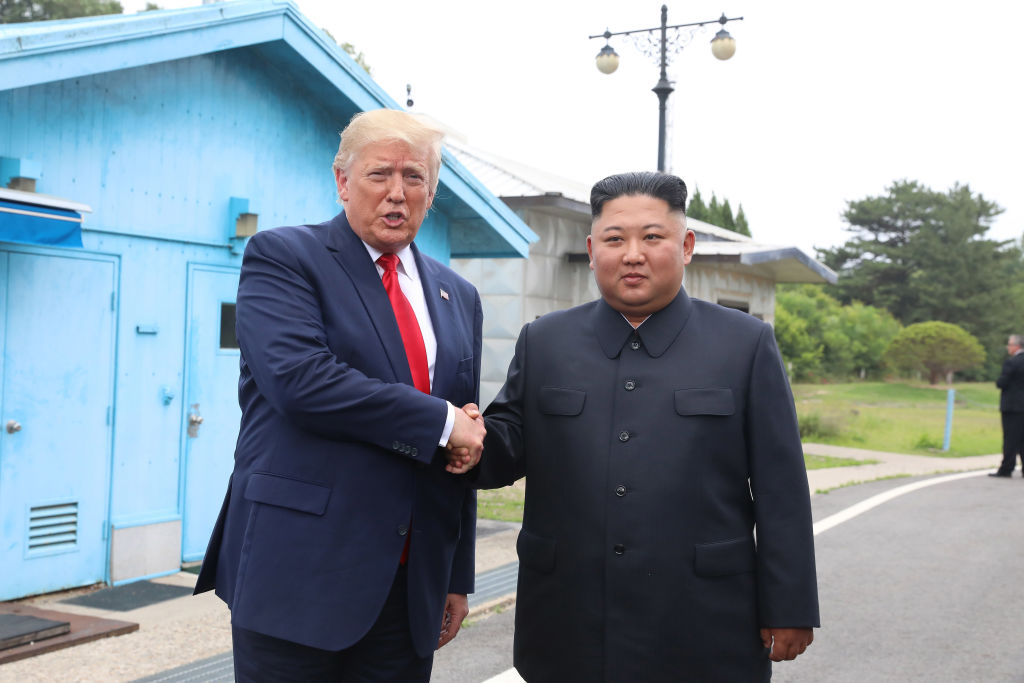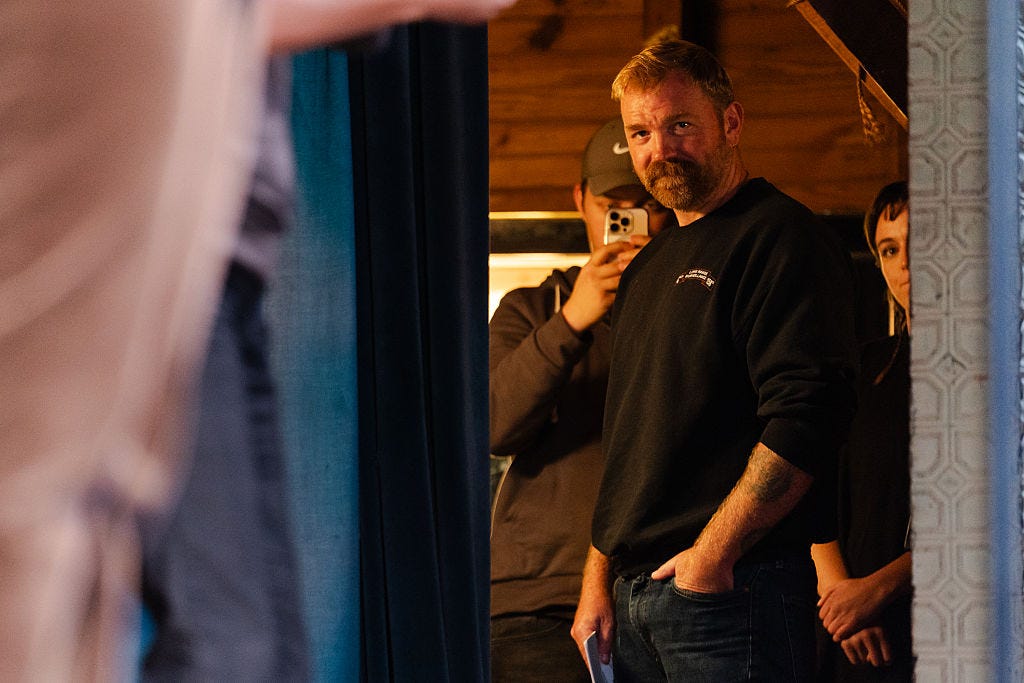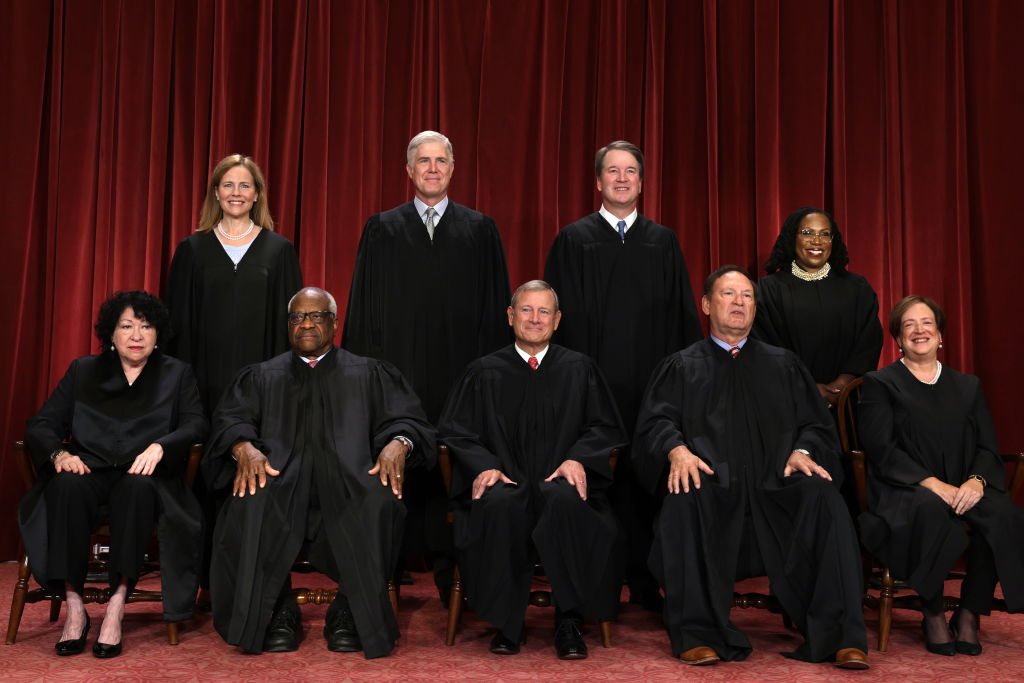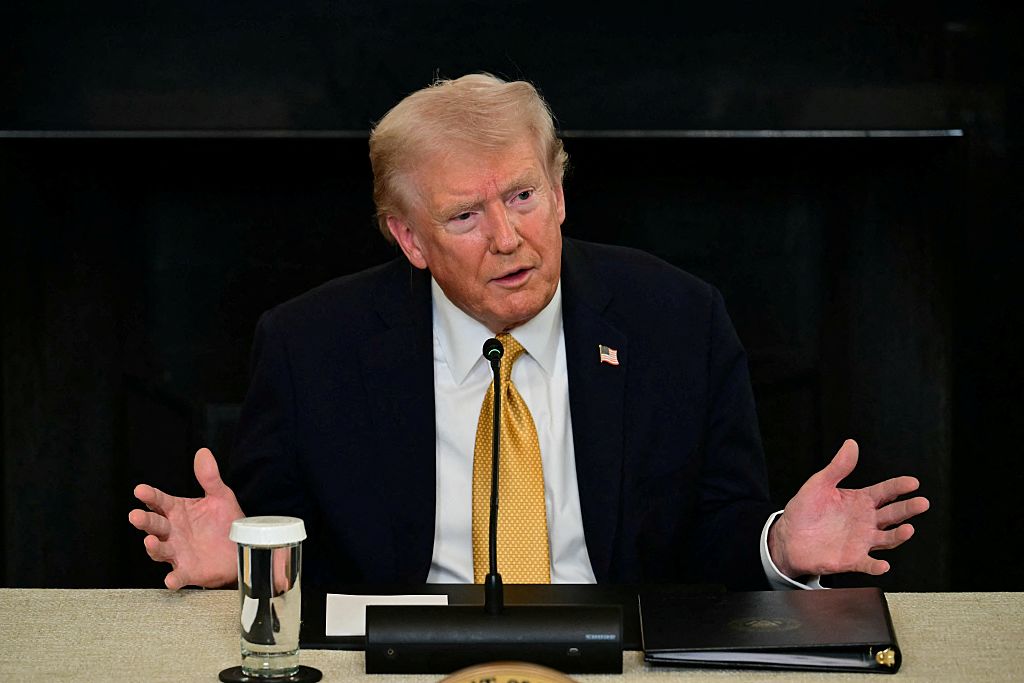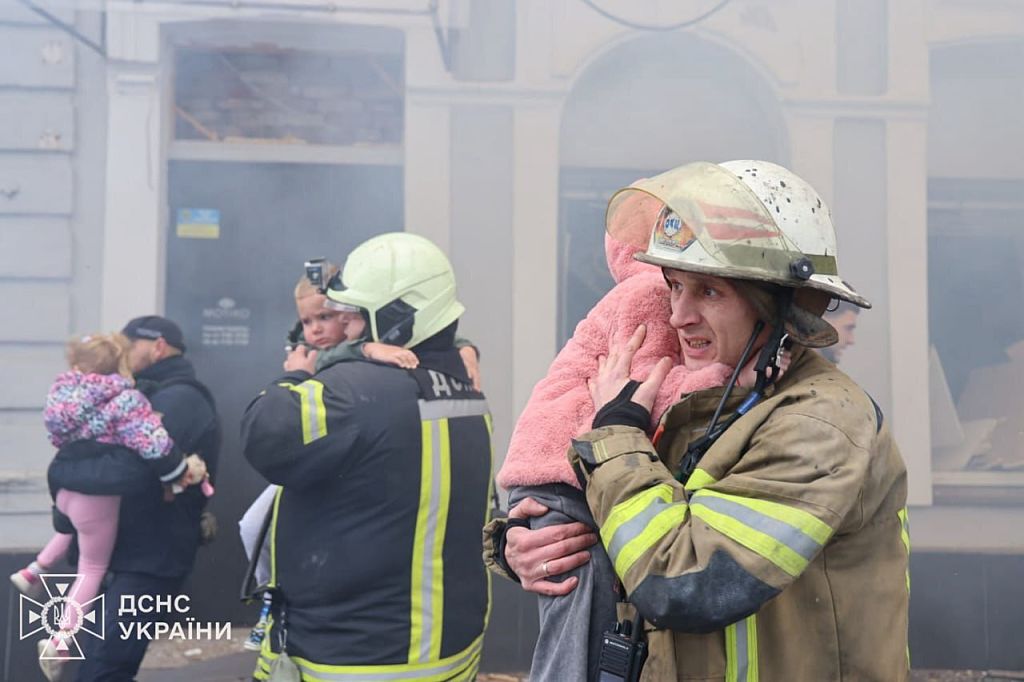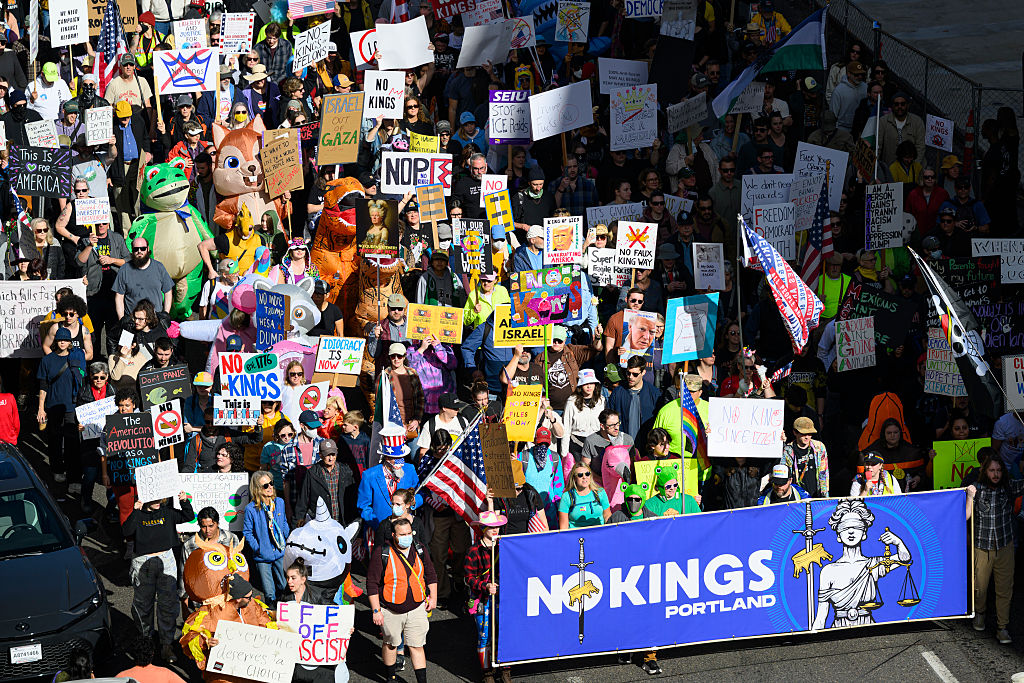Russians are notorious for an aggressiveness at the negotiating table. In 2017 I met a group of diplomats from Eastern Europe who highlighted this. They made the point that western commentary understates, if anything, the Russian habit in official talks to insult and intimidate. Apparently Putinite finger-wagging is the least of it and street-language curses and threats are completely normal. Countries to the east of the river Elbe are still regarded in the Kremlin as Russia’s eternal zone of influence.
But Russian politicians also know how to diversify their table manners. They can recognize an opportunity when they see one, and Vladimir Putin expects to deploy gentler manners with Donald J. Trump. Trump’s son, Donald Jr, has already given Putin a look at his father’s bargaining hand by asking whether anyone really wants to kick off World War Three. Putin, taking the hint, has raised the heat of international relations by threatening, yet again, to use nuclear weapons. Why not mix threats with charm?
Putin is impervious to mere persuasion
Russian bluster has miscarried in years past. In 1962 Nikita Khrushchev installed a missile site on the island of Cuba. American spy planes photographed the process and John F. Kennedy warned of war unless the missiles were withdrawn. Khrushchev never recovered politically from his humiliating climbdown even though Kennedy secretly had to promise to get rid of American missiles based in Turkey.
At other times, however, the West has been surprised by the Russian willingness to compromise. In summit after summit from 1985 Mikhail Gorbachev conceded to demands about armaments and human rights. But Gorbachev came to the table well-prepared. He used his concessions as a way to end the Cold War and win a breathing space to regenerate the USSR’s economy and society. Undoubtedly, though, he got less in return than he hoped for — and his reputation too suffered damage at home.
Putin has studied these precedents. Like Stalin and Khrushchev, he can be rough-tongued. But he turns the faucet of anger on and off at will. This is a man who has learned the tricks of negotiation, including psychological pressure, at the KGB’s higher school. He makes a virtue of being volatile and unpredictable.
Western politicians from George W. Bush to Barack Obama have tried to co-opt him to the global leadership community. Until 2014 Russia belonged to the G8 group, which was turned back into the G7 after the annexation of Crimea in 2014. Putin had always behaved as world diplomacy’s bad boy. At a London press conference in 2000 he growled at Prime Minister Tony Blair for daring to criticize Russian brutality in Chechnya. German chancellor Angela Merkel too tried to moderate Russia’s behavior. With her impeccable linguistic skills — as a youth she won the East German championship for command of the Russian language — she spoke often and frankly with Putin.
Putin is impervious to mere persuasion. Knowing how closely the economies of Germany and Russia were intertwined, he couldn’t imagine the Germans would ever refuse to buy Russian oil. He was complacent. When the second invasion of Ukraine started in 2022, he was stunned by Berlin’s decision to ditch imports of hydrocarbons from Russia and provide military assistance to the Ukrainians.
Even so, Putin’s terms for talks to end the war have remained constant and of high profile. He aims to prevent Ukraine from joining NATO. He believes that Russians and Ukrainians are really one people regardless of Ukrainian opinion. He talks hyper-emotionally as if the “special military operation” is a matter of life or death for Russia, to the point that he just might fire nuclear missiles if his requirements are not met.
Would he really fire them? Despite his butch mannerisms, he is a valetudinarian. He made a pathetic spectacle of himself in the Covid epidemic by sitting at one end of a bizarrely long table while his interlocutors sat at the other. He is twitchier about germs than Trump, and I cannot imagine him taking the risk of having to breathe the air blown across Russia after a Russian nuclear strike on Kyiv. At least he could wear ordinary clothes for his Covid-period TV appearances; after directing nuclear missiles at Ukraine he would need to swaddle himself in a Star Wars space suit.
The prospect would be comedic if it were not potentially so catastrophic. President-elect Trump was a shambling negotiator when in July 2018 he met Putin in Helsinki without allowing his usual, informed advisors to be present. He said he believed in Putin more than in the US intelligence services. He refused to disclose the content of their talks, a mystery that persists to this day. When the Covid epidemic arrived, he arranged for his friend Vladimir to receive one of the early American vaccines.
We have yet to see whether Trump is about to repeat his exercises of diplomatic prostration on re-entering the White House. He has boasted that he can end the war in Ukraine within twenty-four hours. Apparently he plans to muscle the Ukrainian administration into talks culminating in territorial, military and political concessions to Russia.
Putin has huffed and puffed about Biden’s permission for Ukraine to fire long-range missiles at Russian military bases. Russian forces are likely to go on reinforcing their attacks on Ukrainian targets in the next two months. But Putin would be a fool to use nuclear weaponry and jeopardize his chance to get what he wants by deploying charm on Trump. More to the point, the one political leader upon whom his wartime economy utterly depends — China’s Xi Jinping — has drawn a red line against a nuclear offensive.
Ukraine’s fate remains in the balance. But even if, alas, the Ukrainians are forced to agree to unpalatable terms with Putin, that will not end of the Russo-Ukrainian conflict. Too many lives have been lost for Ukrainians to forget what has been done to them. When the Soviet Army reconquered and brutalized Ukraine in 1944-1945, Ukrainian guerrilla patriots continued their armed struggle for another decade. The bloodlands of Ukraine are not going to dry out very quickly.



